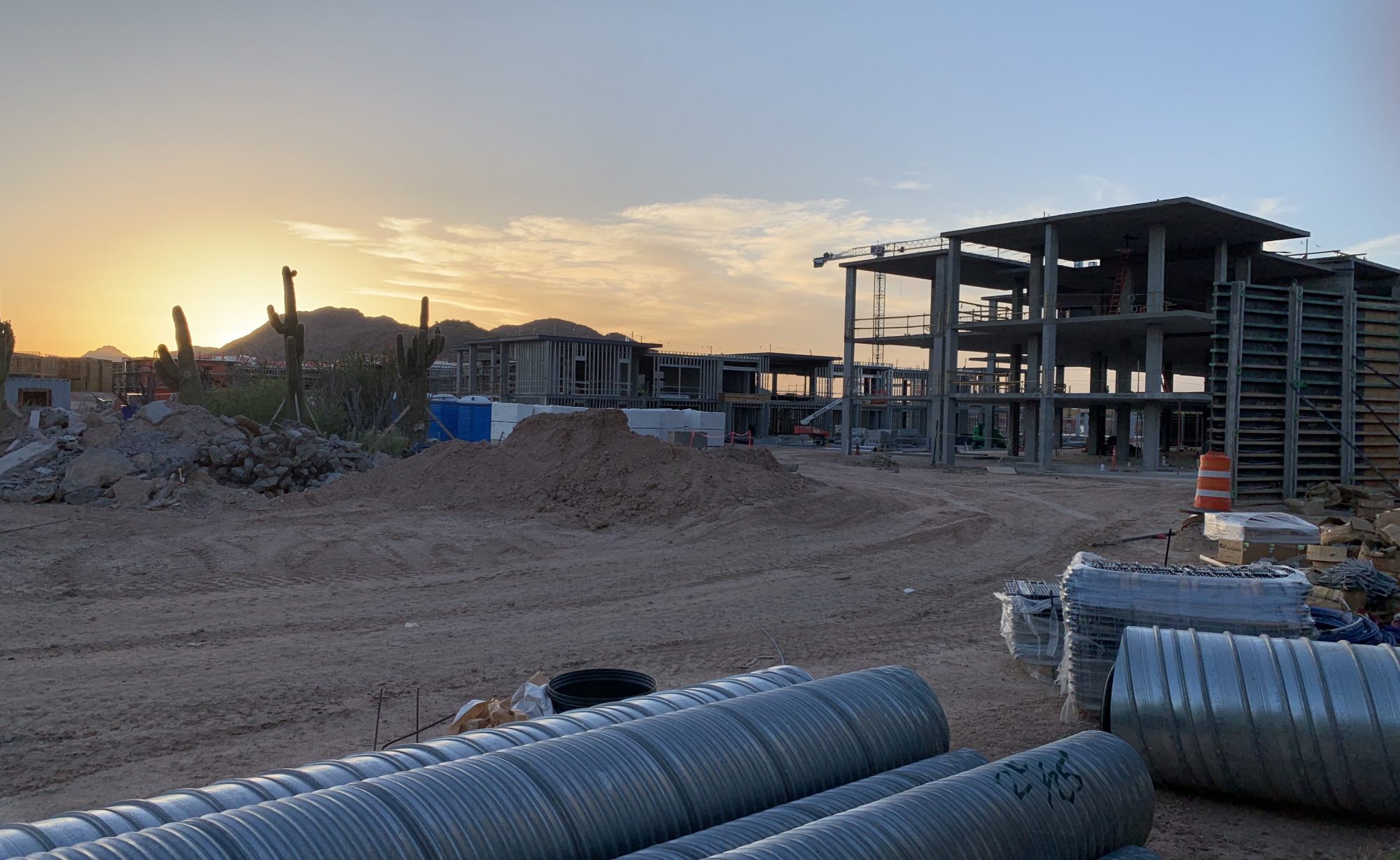
Many construction contracts contain indemnification provisions. Generally speaking, these provisions attempt to shift the risk of certain potential losses between the parties. Among other things, indemnification provisions can address the manner in which parties allocate the risks of losses, costs, and expenses resulting from: (a) bodily injury; (b) property damage; (c) lien claims; (d) hazardous materials; and (e) copyright or patent infringements.
Like many other states, Arizona has long had a statute on the books that limits the parties’ ability to shift particular risks through indemnification provisions in a construction setting. Specifically (as explained in this post from 2016), A.R.S. § 32-1159(A) provides that indemnification provisions “that purport to indemnify, to hold harmless or to defend the promisee from or against liability for loss or damage resulting from the sole negligence of the promisee or the promisee’s agents, employees or indemnity [are] against the public policy of this state and [are] void” in all private construction contracts and architect-engineer professional services contracts. (Emphasis added).
Arizona further limited the freedom to shift risks associated with specific residential construction projects on April 10, 2019, when Governor Ducey signed Senate Bill 1271 into law. Among other things, SB 1271 creates a new statute—A.R.S. § 32-1159.01—that will, beginning on August 27, 2019, partially void certain indemnification provisions in private-party construction and architect-engineer dwelling contracts. In particular, § 32-1159.01(A) provides that:
Notwithstanding Section 32-1159, a covenant, clause or understanding in, collateral to or affecting a construction contract or architect-engineer professional service contract involving a dwelling that purports to insure, to indemnify or to hold harmless the promisee from or against liability for loss or damage is against the public policy of this state and is void only to the extent that it purports to insure, to indemnify or to hold harmless the promisee from or against liability for loss or damage resulting from the negligence of the promisee or the promisee’s indemnities, employees, subcontractors, consultants or agents other than the promisor.
Simply put, § 32-1159.01 will render indemnification provisions void in private-party construction and architect-engineer dwelling contracts to the extent they require the promisor to indemnify the promisee from losses stemming from the promisee’s (or its agent’s) negligence. For purposes of § 32-1159.01, the word “dwelling” will have the same meaning as it does in A.R.S. § 12-1361—i.e., “a single or multifamily unit designed for residential use and common areas and improvements that are owned or maintained by an association or by members of an association…includ[ing] the systems, other components and improvements that are part of a single or multifamily unit at the time of construction.” See A.R.S. §§ 12-1361(6) and 32-1159.01(G)(3).
